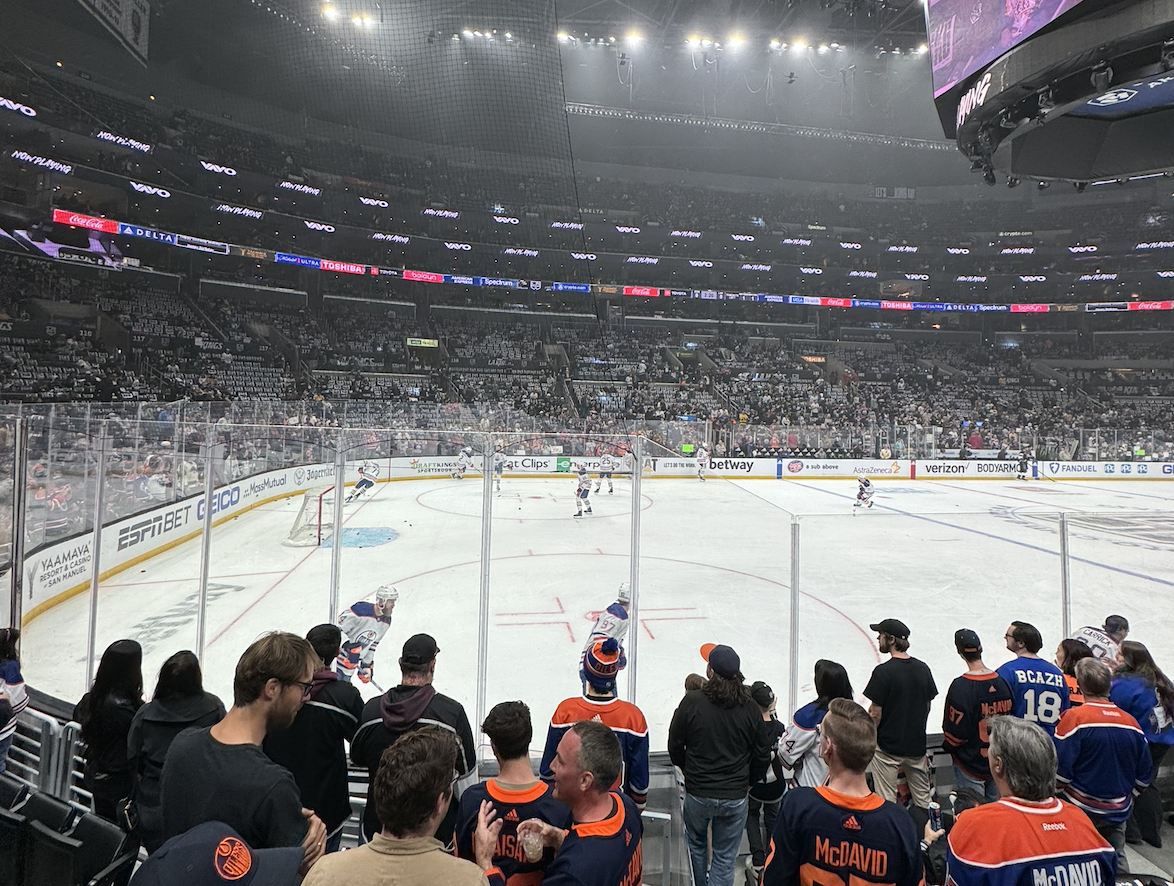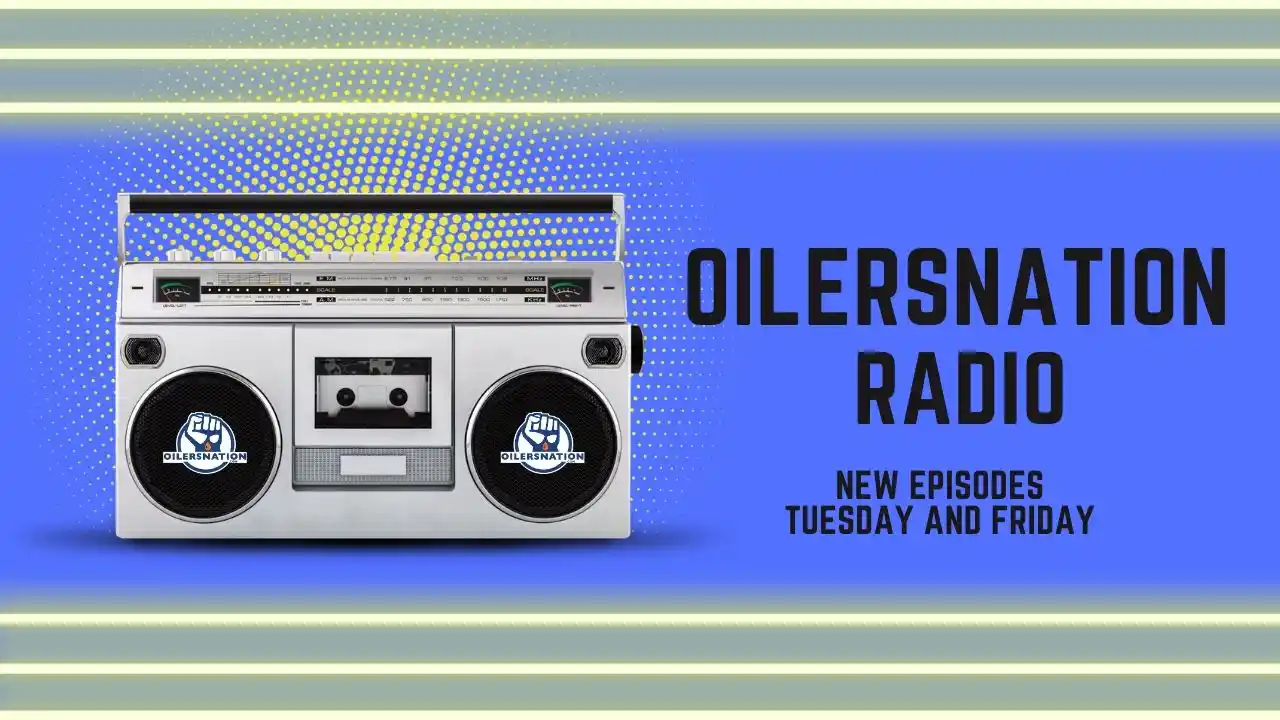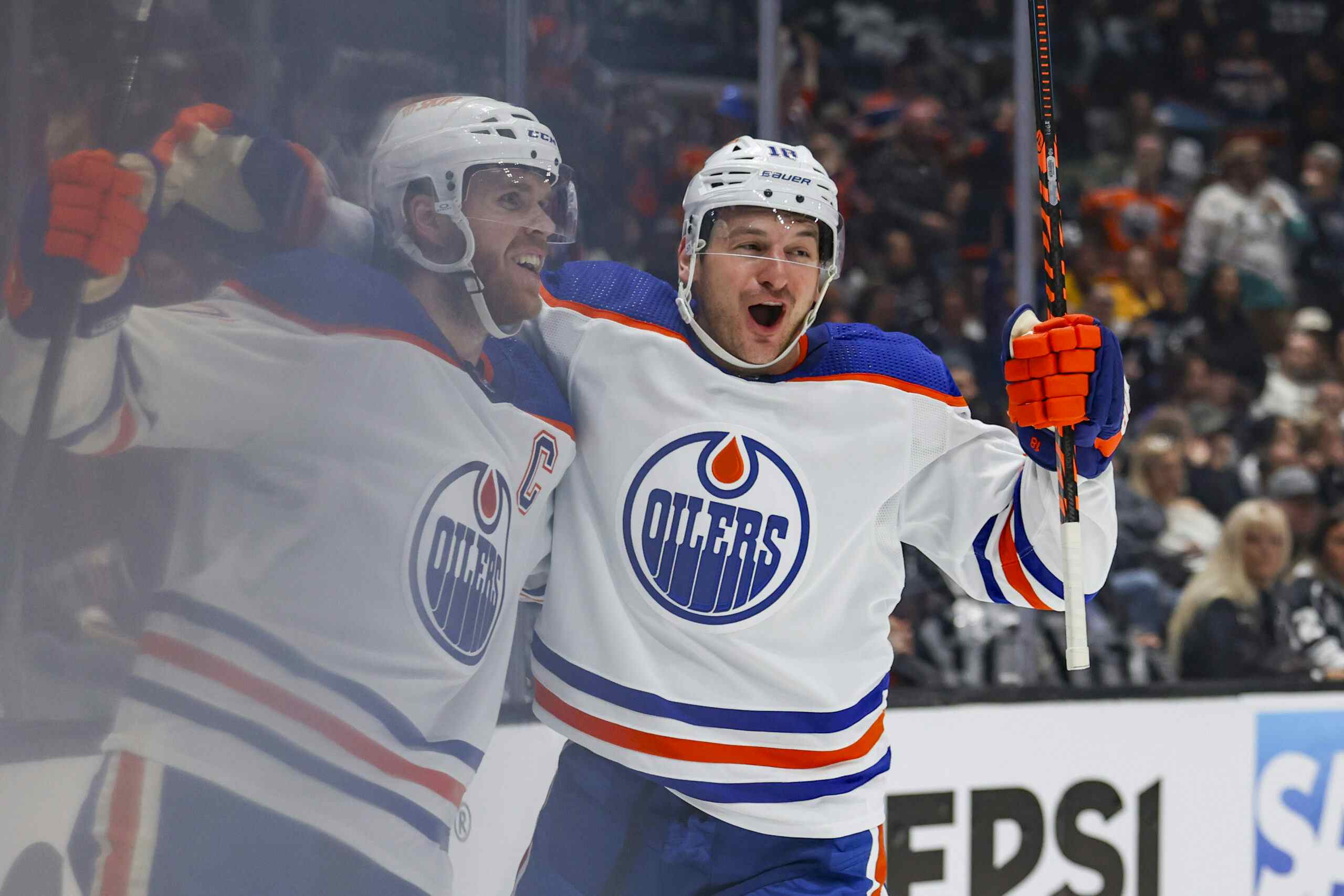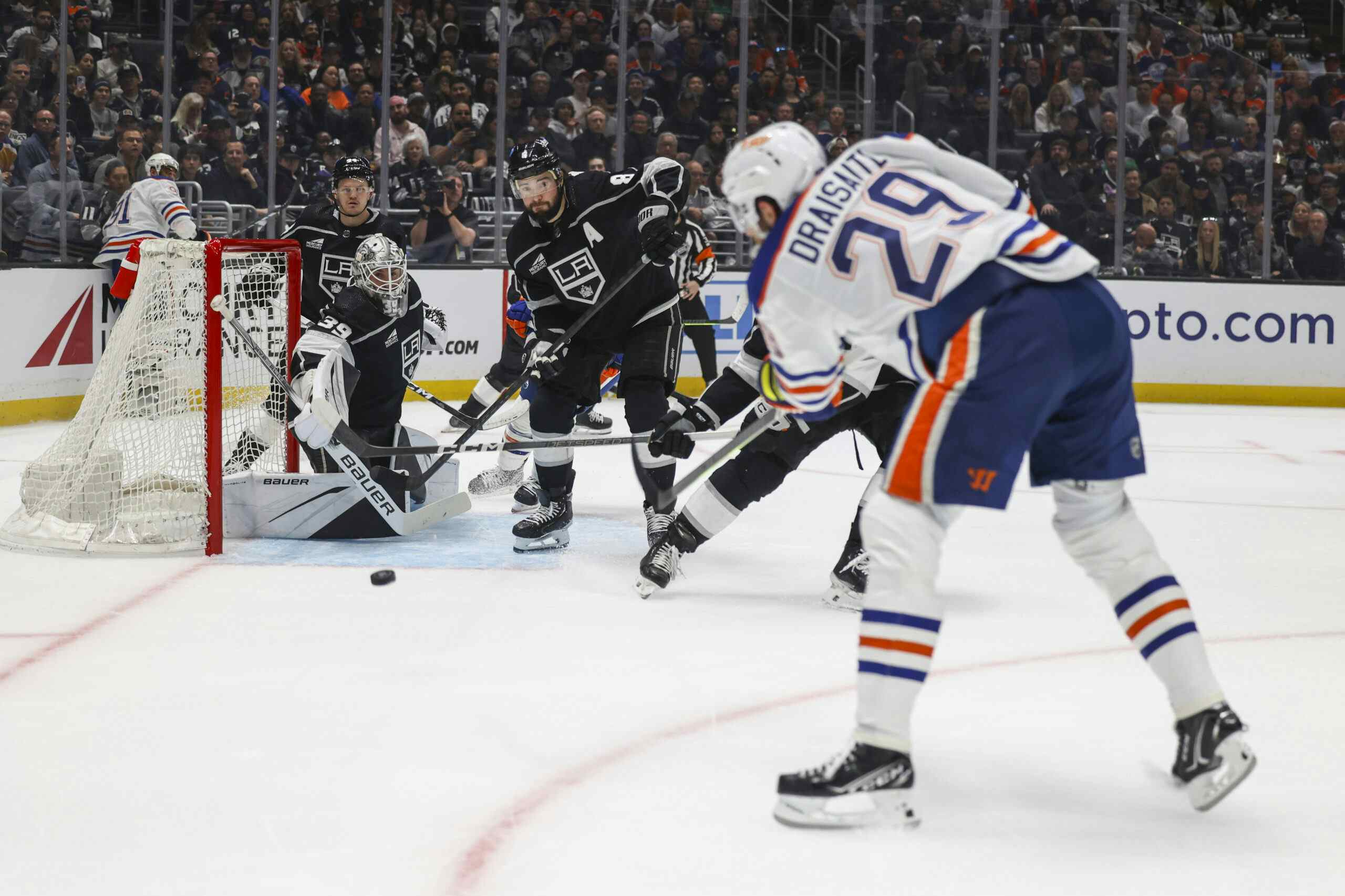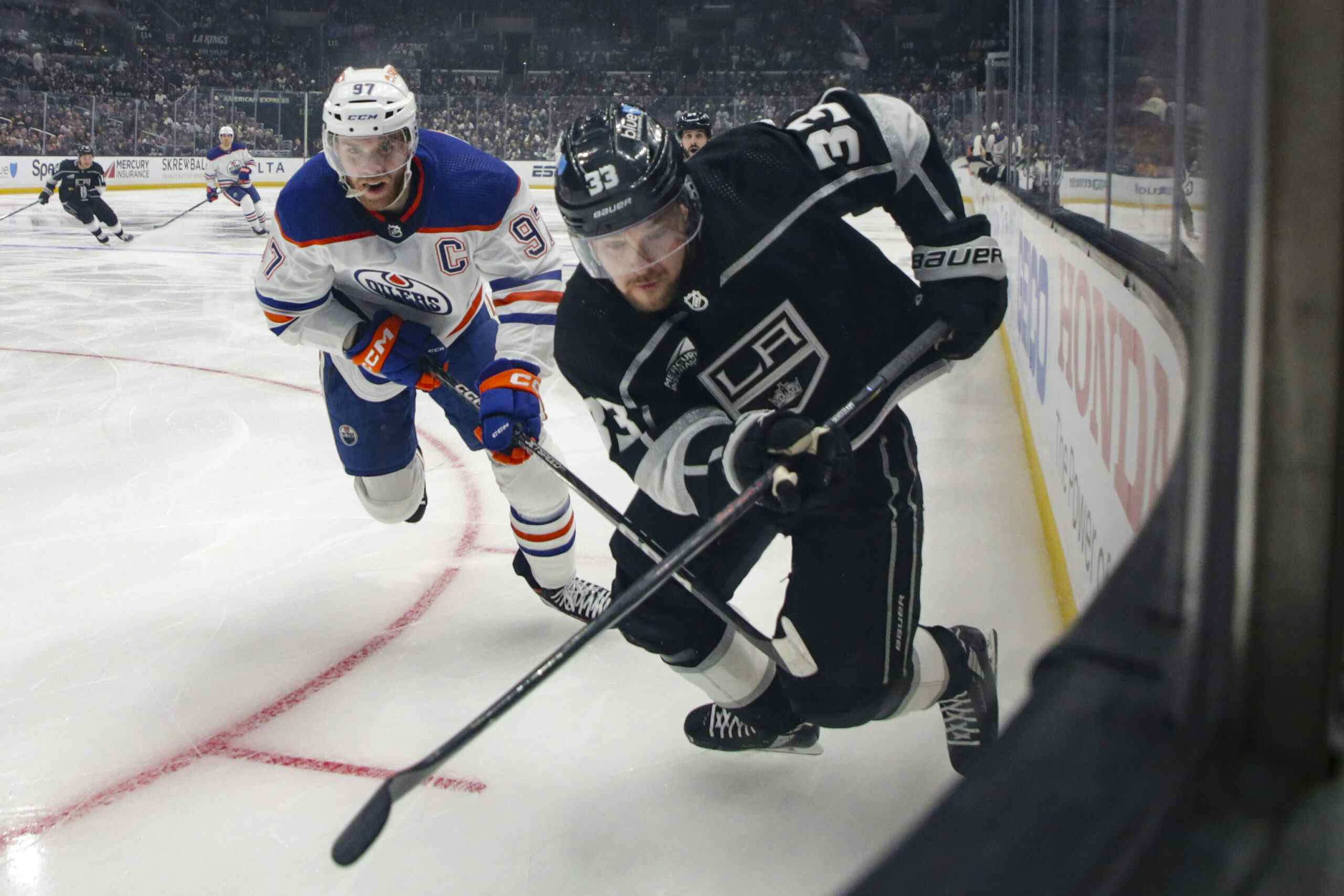What We Can Learn from the Detroit Wheels (Vol 3)
By Lowetide
12 years ago
The good news for Edmonton Oiler fans is that many of the things management could do to improve has been fast tracked by an aggressive draft strategy that punished heavily short term in the hopes of delivering riches on the other side.

This is Riley Nash. In many ways, Nash and his 2007 first round draft brothers (Sam Gagner and Alex Plante) hurried sundown for Kevin Prendergast and his time as scouting director for the Edmonton Oilers. If the Oilers had been fortunate enough to own three first round picks in 2003 (and I’m aware that the cost would have been dear) the KP might still have his position at the top of the amateur procurement department Oiler division. However, the draft was not deep and only Gagner is an NHL player (and many feel Gagner is not a quality player for his draft position).
Four years ago Stu MacGregor took over the job as chief scout and along with a revamped department has done a splendid job in the position. Drafting well no matter the position, the 2008-11 draft list glimmers with hope and the names rattle and hum. Jordan Eberle, Magnus Paajarvi, Taylor Hall, Ryan Nugent-Hopkins head the list but there are many others bubbling under.
There’s a lot that has gone right in the procurement department of the Edmonton Oilers since 2007 fall. If we can agree that there isn’t much to be learned from Detroit when it comes to lottery picks (they never have any), perhaps there are a few things they can tell us about the lower first rounders and the depth picks.
LESSONS LEARNED (AND STILL TO COME)

Some of the things I’ll list were not covered in the first two segments, but I think they have value and are certainly part of Detroit’s template.
- Detroit uses their entry level contract to the fullest extent. Three full seasons in the minors is fairly normal (witness Cory Emmerton) and those who beat the model are the best in the system. If Edmonton waited until Hartikainen until fall 2013 or Pitlick/Hamilton until fall 2014, that’s the kind of patience Detroit shows. It adds incredible depth.
- As Showerhead pointed out in our previous look, even when the Wings elevate exceptional talents they progress in an orderly fashion. Detroit often appears "over prepared" for the next generation (Lidstrom would be the exception) and have lost HOFers without missing a beat. Edmonton has never done this, so I can’t imagine what it would look like for the Oilers.
- Size. I didn’t have this in either installment, but one of the things Detroit can teach us (certainly me) is that size isn’t as important as brains, speed and skill. Wings are routinely undersized compared to others, and it isn’t like they’re all imps, but their requirements for hockey players cheat for skill and grey matter. An Oiler example would be Linus Omark, who has exceptional ability to control things down low despite a lack of size.

- Detroit has found a way to make use of free agents, both major and minor. Guys like Cleary, Eaves, Miller, Conklin and on it goes; Edmonton has shown some signs (Potter looks like a find) but this is an area Edmonton will need to improve (they have addressed the pro scouting so we should expect a better result).
- Detroit makes almost everyone play in the AHL. Oilers don’t have elevated kids who have skill since the world began, and although I have no argument with lottery picks it’s probably a good idea to slow down the number of kids who go straight to the NHL. Lander is a recent example of a player who could benefit from AHL time.
- Detroit has had success leaving kids in Europe and letting them develop there. Oilers have been hit and miss in this era going way back, and there is some concern now about a kid like Klefbom. Encouraging that he is playing big minutes at the J20 level instead of playing 4 minutes a night in the SEL. Still, if the situation remains this way, Oilers might want to think about bringing him over to the WHL or AHL.
- Detroit built a huge part of their current team with 2nd round draft picks. Edmonton might do the same with names like Lander, Pitlick, Marincin, Hamilton and Musil. This is where Stu MacGregor will earn his money (along with any late round gems).

- Detroit scouts every hockey country on the planet, while Edmonton doesn’t spend much time in Russia. I understand the contract problems and lord knows Mikhnov wasn’t worth the pick, but ignoring the USSR means an entire talent pool is available to Detroit and not Edmonton.
- Detroit drafted Zetterberg and Datsyuk. Edmonton has had the advantage (picking #1 overall) but no matter the slot RNH and Hall have to be impact players rolling out over the rest of the decade if Edmonton is going to move from deep in the second division into Stanley Cup contention.
WHAT DOES IT ALL MEAN?

There’s a lot that is right about this rebuild. The Oilers are really mining the WHL heavily and it’s paying off, and they seem to have found a little wrinkle in bringing in kid Euro’s with no pedigree but miles of talent (Pelss, Gernat) who play in town for the Oil Kings.
A lot of this is luck, and as we’ve discussed in this series there is room for improvement. But the Oilers are heading in a good direction and seem to be doing many of the things Detroit adopted on their way to becoming a powerhouse.
Oiler fans need patience, but there is hope.
UP NEXT: Nashville/Oilers and how they compare.
Recent articles from Lowetide

